As NASA returns to the Moon via the Artemis program, in an enhanced, sustainable way; the agency has selected five U.S. small businesses to receive a total of nearly $20 million to accelerate the development of novel lunar capabilities.
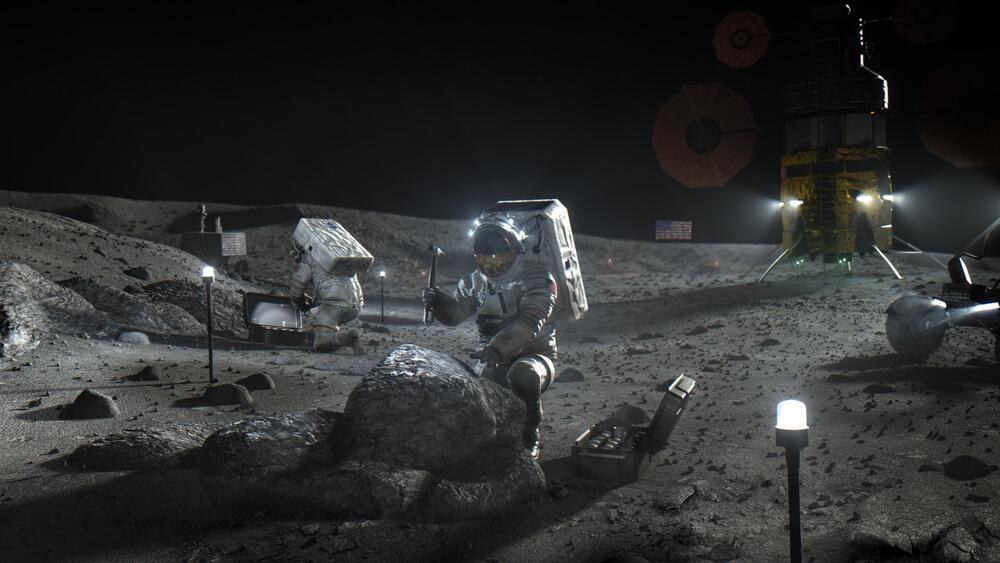

Longer, Healthier, And More Productive Lives — Dr. Jean Accius Ph.D., Senior Vice President, AARP
Dr. Jean C. Accius, PhD, is Senior Vice President, AARP Global Thought Leadership (https://www.aarp.org/). Dr. Accius leads a team in positioning AARP (formerly known as the American Association of Retired Persons) as a global thought leader, identifying emerging trends around the world, cultivating and elevating new ideas, forging global strategic alliances that become the foundation for collaboration and sparking bold solutions to change systems and improve the lives of the global population as it ages.
Dr. Accius is a passionate champion and catalyst for changing how the world sees and values aging. He is an internationally recognized thought leader on aging, longevity, equity, health systems transformation and modernizing the delivery and financing of long-term care. With tri-sector experience and deep knowledge, he has a strong track record of building high-performing teams, managing cross-functional operations and processes, and developing innovative and actionable solutions, policies, and programs to close the opportunity gap so that everyone can live longer, healthier and more productive lives.
A highly sought after author and speaker, Dr. Accius has been quoted by or appeared in numerous media outlets, including The New York Times, Forbes, TIME Magazine, USA Today, Reuters, Politico, Next Avenue, ESPN’s Undefeated, Rolling Out, NationSwell, Congressional Quarterly, and Huffington Post. In 2,020 he facilitated several sessions at the 50th annual World Economic Forum in Davos, Switzerland and also engaged nearly 300 leaders across industries and sectors, including 20 ambassadors and many delegates, at the United Nations.
Dr. Accius is a member of the National Association of Corporate Directors and has held a variety of board and advisory positions including Justice in Aging, the American Society on Aging, Leadership Maryland and the American University School of Public Affairs Board of Advisors.
California-based startup Relativity Space is manufacturing rockets using giant Westworld-esque 3D printers, a process they say could drastically shorten the rocket-making process from years to weeks. Tim Ellis, the company’s 30-year-old CEO, explains how the high degree of automation in Relativity’s factory has enabled them to build rockets remotely during the Covid-19 pandemic.
#Coronavirus #Space #HelloWorld.
——-
Like this video? Subscribe to Bloomberg on YouTube: https://www.youtube.com/Bloomberg?sub_confirmation=1
Become a Quicktake Member for exclusive perks: https://www.youtube.com/bloomberg/join.
Bloomberg is the First Word in business news, delivering breaking news & analysis, up-to-the-minute market data, features, profiles and more: http://www.bloomberg.com.
Connect with us on… Twitter: https://twitter.com/business Facebook: https://www.facebook.com/bloombergbus… https://www.instagram.com/bloombergbu…
Twitter: https://twitter.com/business.
Facebook: https://www.facebook.com/bloombergbusiness.
Instagram: https://www.instagram.com/bloombergbusiness/
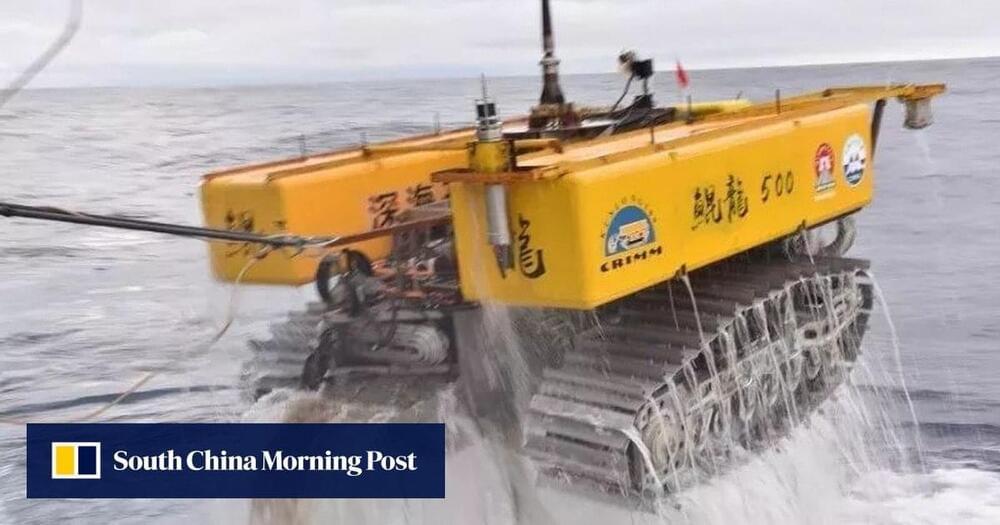
With complex structures – including a strong, flexible mechanical arm carrying various tools – the splash created by a deep sea mining robot was akin to that of humans. But unlike a free-fall diver, the robot was lowered by a rope and the swing caused by wind and waves added uncertainty to its motion, according to the researchers.
Robots are perfecting their diving skills in preparation for the serious business of tapping into mineral resources in the seabed.
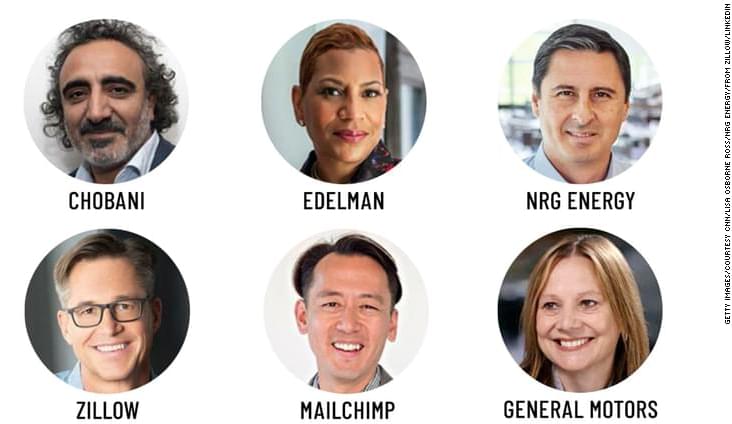
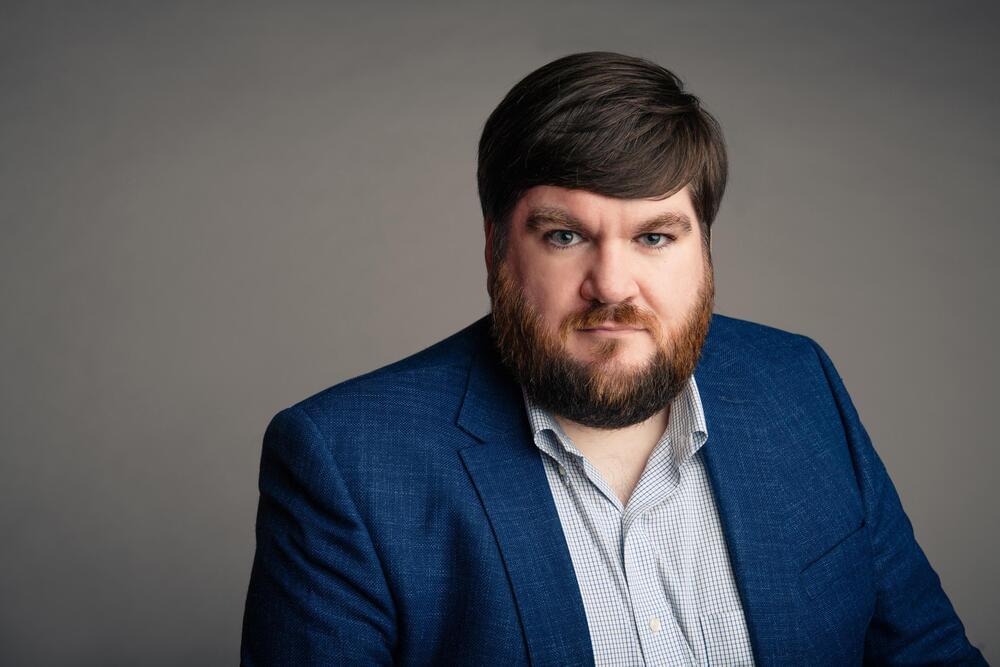
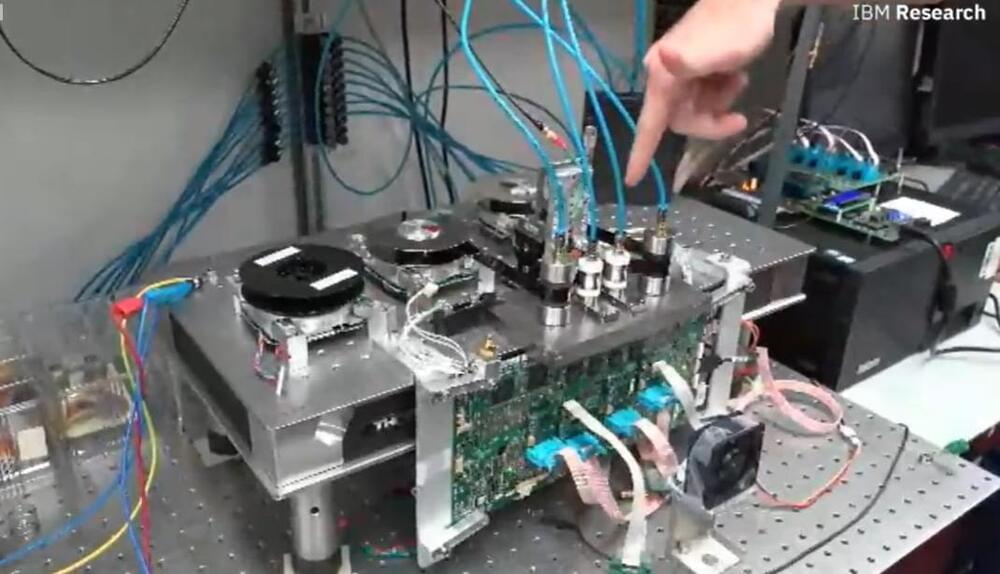
Circa 2020
IBM knows how to adapt to an ever-changing enterprise tech landscape. The venerable company more almost 20 years ago shed its PC business – selling it to Lenovo – understanding that that systems were quickly becoming commodity devices and the market was going to stumble. A decade later IBM sold its X86-based server business to Lenovo for $2.3 billion and in the intervening years has put a keen focus on hybrid clouds and artificial intelligence, buying Red Hat for $34 billion and continuing to invest its Watson portfolio.
However, that hasn’t meant throwing out product lines simply because they’ve been around for a while. IBM has continued to upgrade its mainframe systems to keep up with modern workloads and the bet has paid off. In the last quarter 2,019 the company saw mainframe revenue – driven by its System z15 mainframe in September 2019 – jump 63 percent, a number followed the next quarter by a 59 percent increase.
Tape storage is a similar story. The company rolled out its first tape storage device in 1,952 the 726 Tape Unit, which had a capacity of 2MB. Five decades later, the company is still innovating its tape storage technology and this week said that, as part of a 15-year partnership with Fujifilm, has set a record with a prototype system of 317 gigabits-per-square-inch (GB/in2) in areal density, 27 times more than the areal density of current top-performance tape drives. The record, reached with the help of a new tape material called Strontium Ferrite (SrFe), is an indication that magnetic tape fits nicely in a data storage world of flash, SSDs and NVMe and a rising demand for cloud-based storage.

Mastercard has agreed to acquire blockchain analytics start-up CipherTrace, in the latest sign of how major companies are warming to cryptocurrencies.
The payments giant said Thursday it entered into an agreement to buy CipherTrace for an undisclosed amount. Based in Menlo Park, California, CipherTrace develops tools that help businesses and law enforcement root out illicit digital currency transactions. The company’s competitors include New York-based Chainalysis and London start-up Elliptic.
“Digital assets have the potential to reimagine commerce, from everyday acts like paying and getting paid to transforming economies, making them more inclusive and efficient,” Ajay Bhalla, president of cyber and intelligence at Mastercard, said in a statement. “With the rapid growth of the digital asset ecosystem comes the need to ensure it is trusted and safe.”
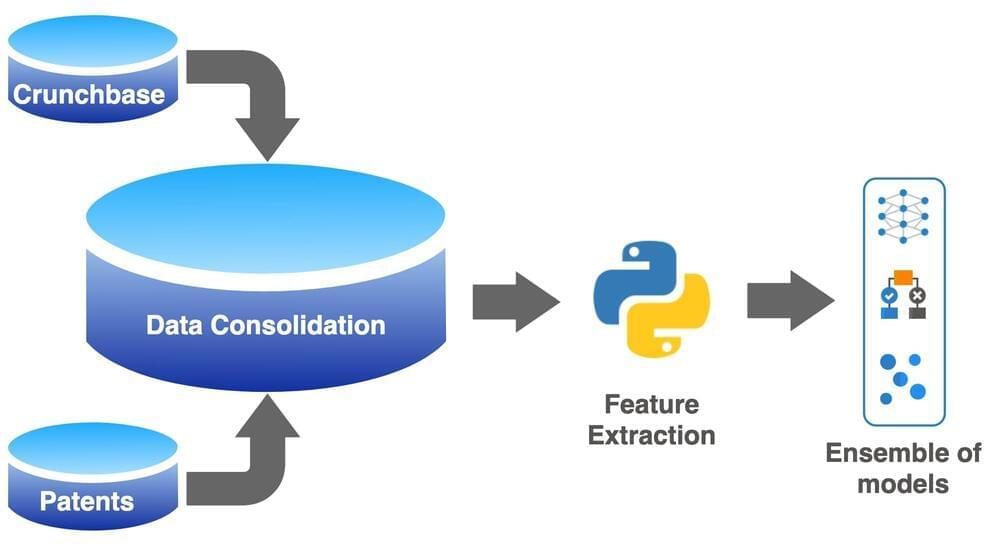
A study in which machine-learning models were trained to assess over 1 million companies has shown that artificial intelligence (AI) can accurately determine whether a startup firm will fail or become successful. The outcome is a tool, Venhound, that has the potential to help investors identify the next unicorn.
It is well known that around 90% of startups are unsuccessful: Between 10% and 22% fail within their first year, and this presents a significant risk to venture capitalists and other investors in early-stage companies. In a bid to identify which companies are more likely to succeed, researchers have developed machine-learning models trained on the historical performance of over 1 million companies. Their results, published in KeAi’s The Journal of Finance and Data Science, show that these models can predict the outcome of a company with up to 90% accuracy. This means that potentially 9 out of 10 companies are correctly assessed.
“This research shows how ensembles of non-linear machine-learning models applied to big data have huge potential to map large feature sets to business outcomes, something that is unachievable with traditional linear regression models,” explains co-author Sanjiv Das, Professor of Finance and Data Science at Santa Clara University’s Leavey School of Business in the US.
